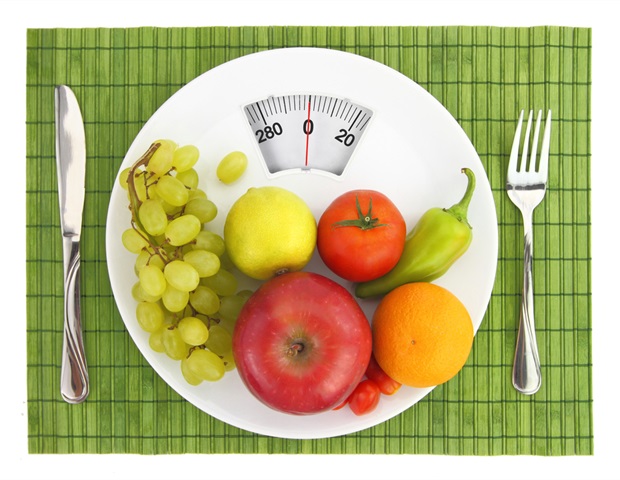Older adults in the UK who are socially isolated are more likely to have an insufficient intake of key micronutrients such as vitamin C and vitamin B6, increasing their risk of health problems, according to a new study led by UCL (University College London) researchers. The study, published in the journal Age and Ageing , looked at data from 3,713 people in the UK aged 50 and over who filled in a detailed questionnaire about what they ate and drank on two separate days. The researchers found that people who were more socially isolated were more likely to have a lower than recommended intake of five micronutrients that are essential for health: magnesium, potassium, vitamin C, folate and vitamin B6.
These micronutrients are typically found in small quantities in fruit, vegetables, legumes (such as peas, beans and lentils) and fish, suggesting a diet lacking in these food sources. Our study shows that people who are more socially isolated are less likely to be getting enough micronutrients in their diet. This is important as inadequate intake of these micronutrients puts people at greater risk of health problems as they get older.
One explanation for this link is that if you are more isolated, you might not have others around you to provide information about what is healthy and encourage a more varied diet. Older people also tend to stick to diets they know and might not vary their foods as much as they used to." Andrew Steptoe, Lead Author, Professor, UCL Behavioural Science &.


















